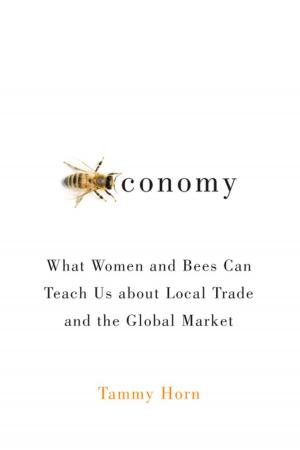World Politics on Screen
Understanding International Relations through Popular Culture
Nonfiction, Entertainment, Film, History & Criticism, Performing Arts, Social & Cultural Studies, Social Science, Cultural Studies, Popular Culture| Author: | Mark A. Sachleben | ISBN: | 9780813143125 |
| Publisher: | The University Press of Kentucky | Publication: | January 29, 2014 |
| Imprint: | The University Press of Kentucky | Language: | English |
| Author: | Mark A. Sachleben |
| ISBN: | 9780813143125 |
| Publisher: | The University Press of Kentucky |
| Publication: | January 29, 2014 |
| Imprint: | The University Press of Kentucky |
| Language: | English |
Increasingly resistant to lessons on international politics, society often turns to television and film to engage the subject. Numerous movies made in the twentieth and twenty-first centuries reflect political themes that were of concern within the popular cultures of their times. For example, Norman Jewison's The Russians Are Coming! The Russians Are Coming! (1966) portrays the culture of suspicion between the United States and the Soviet Union during the Cold War, while several of Alfred Hitchcock's movies as well as the John Wayne film Big Jim McLain (1952) and John Milius's Red Dawn (1984) helped to raise and sustain skepticism about the Soviet Union. World Politics on Screen: Understanding International Relations through Popular Culture uses films and television shows like these as well as contemporary including 24, The Simpsons, South Park, and The Daily Show to guide readers to a deeper understanding of enduring issues in international politics.
In this unique and insightful volume, author Mark Sachleben demonstrates that popular culture reflects societal beliefs about the world, and that the messages captured on television and film transcend time and place. Using films such as Secret Ballot (2001), Under the Bombs (2007), and WallE (2008), he addresses topics such as international relations and diplomacy, the study of war, nuclear weapons, poverty, immigration and emigration, human rights, and genocide. An engaging read for students and for anyone with a general interest in politics and popular culture, World Politics on Screen succeeds in its argument by illuminating unexplored assumptions about international policy.
Increasingly resistant to lessons on international politics, society often turns to television and film to engage the subject. Numerous movies made in the twentieth and twenty-first centuries reflect political themes that were of concern within the popular cultures of their times. For example, Norman Jewison's The Russians Are Coming! The Russians Are Coming! (1966) portrays the culture of suspicion between the United States and the Soviet Union during the Cold War, while several of Alfred Hitchcock's movies as well as the John Wayne film Big Jim McLain (1952) and John Milius's Red Dawn (1984) helped to raise and sustain skepticism about the Soviet Union. World Politics on Screen: Understanding International Relations through Popular Culture uses films and television shows like these as well as contemporary including 24, The Simpsons, South Park, and The Daily Show to guide readers to a deeper understanding of enduring issues in international politics.
In this unique and insightful volume, author Mark Sachleben demonstrates that popular culture reflects societal beliefs about the world, and that the messages captured on television and film transcend time and place. Using films such as Secret Ballot (2001), Under the Bombs (2007), and WallE (2008), he addresses topics such as international relations and diplomacy, the study of war, nuclear weapons, poverty, immigration and emigration, human rights, and genocide. An engaging read for students and for anyone with a general interest in politics and popular culture, World Politics on Screen succeeds in its argument by illuminating unexplored assumptions about international policy.















